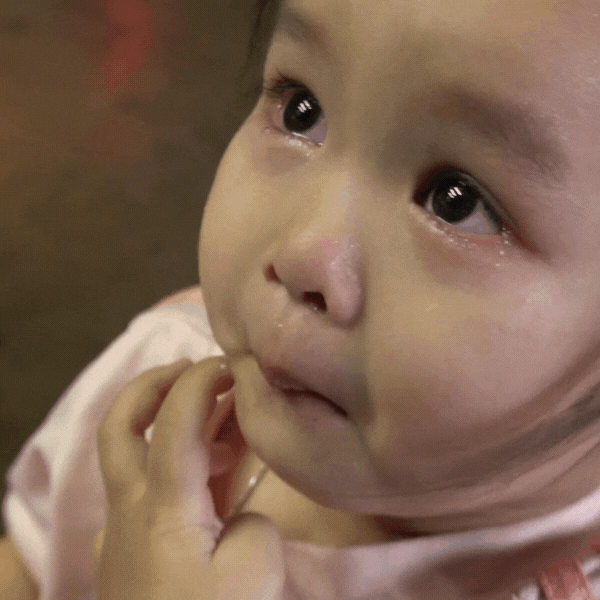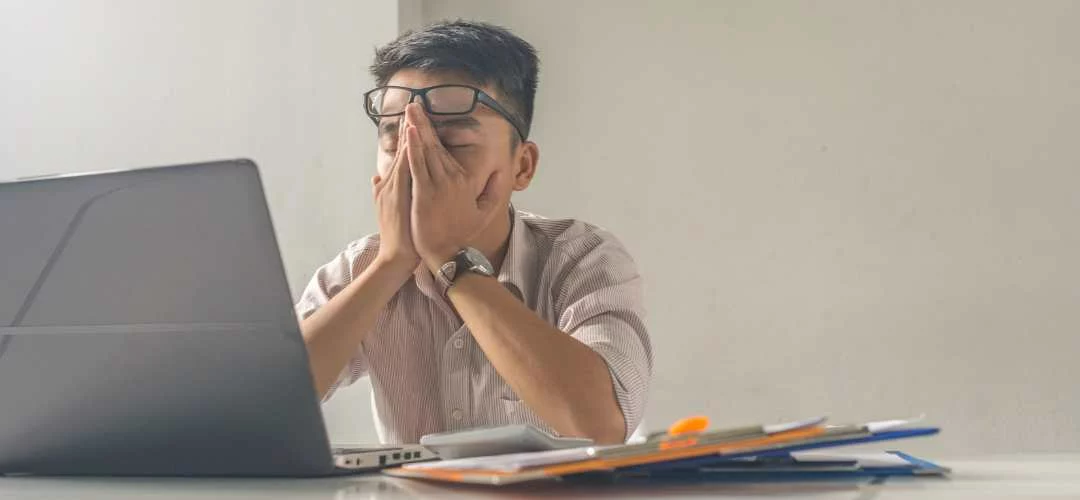“Asian Doesn’t Start With A+”
In a TED talk featuring Olivia Lai’s ‘Asian Doesn’t Start with A+’ at TEDxPhillipsAcademyAndover, she shared that she had been conditioned to accept herself as nothing less than perfection. Like her other Asian-American friends, it was a shared experience among them to crumble under school and work pressures.
She reckoned that to alleviate these pressures on Asian-American students, “Just like the problems of any other racial group, we must speak up about the dangers of the model minority stereotype. Our voices must no longer be silenced by complacency. She ended her speech with this: “You are not your grades, scores, or awards. We’ve all heard it before, but it’s time we truly believe it.”
Unraveling The Model Minority Stereotype
Kelly and Olivia are no strangers to this stereotype. The pervasive model minority myth perpetuates a narrative and cultural expectation placed on Asian Americans that each person should be affluent, hardworking, and submissive while living the “American Dream.”
“The assumption that all AAPIs experience educational success and economic stability can place immense pressure on people to meet these societal and familial expectations, often at the cost of their mental well-being,” Urban.org wrote. Most first-generation immigrants experienced trauma adapting to their new life in the US. As a result, the younger generations hold back from sharing their mental health struggles because of guilt. The model minority stereotype poses a threat to Asian Americans due to the unjustified expectations to live up to their success.


Facing The Asian Mental Health Stigma
In two focus groups with 17 young adults from eight different Asian American communities, the authors of the study, “Model Minority at Risk: Expressed Needs of Mental Health by Asian American Young Adults” learned that the participants view stigma as the most significant deterrent to seeking help. “The stigma of seeking professional care might undermine their mental health help-seeking behavior. Our findings support a need for delivering culturally appropriate programs to raise awareness of mental health and cultural training for health providers to deliver culturally appropriate care.”
These young Asian Americans tend to avoid professional help for their mental health problems but instead lean on their personal support networks—close friends, significant others, and religious community. They do not consider mental problems crucial, as suggested in Asian cultural norms.
The study also notes the potential stressors that affect mental health are as follows:
- Parental pressure to succeed
- Difficulty in balancing two different cultures and communicating with parents
- Family obligations based on the strong family values
- Discrimination or isolation due to racial or cultural background
On the same note, a McLean Hospital research correlates the pressure of being included in this controversial minority demographic standing in the way of treatment. Many Asian Americans view themselves as part of a group that seamlessly integrated into their new society. Ingrained that they must be intelligent, industrious, and entirely in charge of their lives, the fear of the thought of being weak often translates into struggling in silence.
Overcoming The Barriers With CuraJOY
In the abovementioned study, Model Minority at Risk: Expressed Needs of Mental Health by Asian American Young Adults, they noted recommendations for future program development:
- Provision of awareness education programs.
- Availability of linguistically and culturally competent mental health professionals. Asian American young adults may find more Asian American counselors on campus relatable to their needs.
- Educate parents.
- Develop mental health education programs that are relatable to the youth.
- “The group cautioned that initiating any in-person counseling or support group needed to be a gradual process because of the culture’s inclination to be private about personal problems.”
To overcome the effects of this stereotype, it is vital to recognize and analyze the potentially harmful effects of living up to this model minority myth. In Olivia’s Ted Talk, what she said hit too close to home:
“We must create support networks for each other, so we can talk or just have a shoulder to lean on, and finally, we must redefine success.”
We at curaJOY believe in our movement to elevate families’ emotional wellness. When you help build families, you create an overarching social impact. Merging technology with science, we developed our one-stop, AI-powered comprehensive learning and behavioral health program that gamifies wellness with integrated real-world projects and rewards supported by personalized social-emotional education. curaJOY works to build healthier relationships between children and their families by putting them in a safe, encouraging, gamified setting.
We partner with psychologists, educators, parents, and kids in the US and Asia to develop interactive digital programs that enable transformative self-learning in English, Spanish, and Chinese. We pair users with virtual mentors who share key demographical traits with them to boost rapport quickly and then systematically introduce other virtual mentors from different backgrounds.
Help us change the world one child at a time.


Leave a Reply